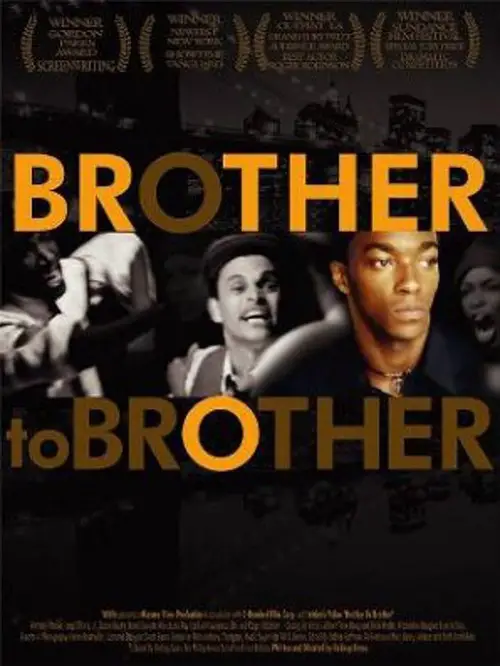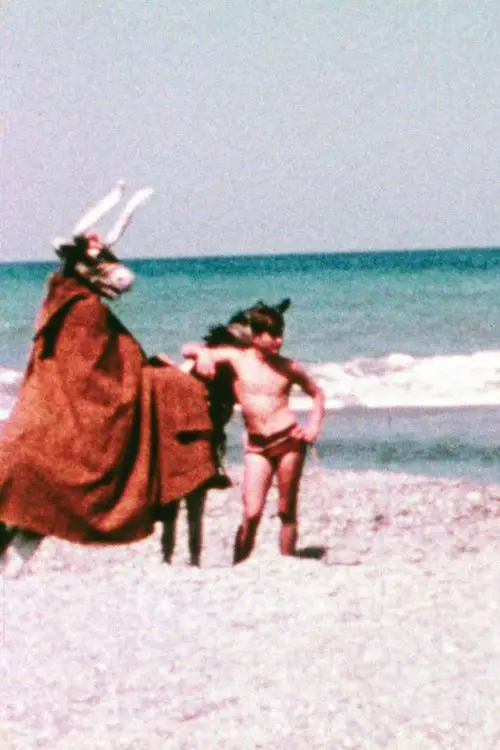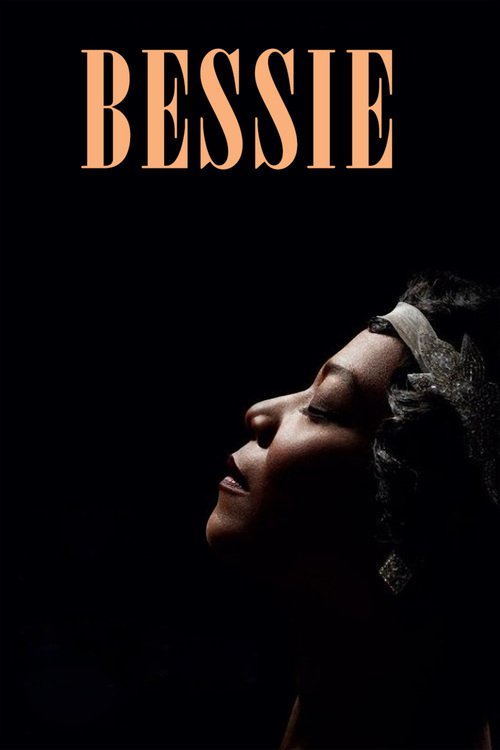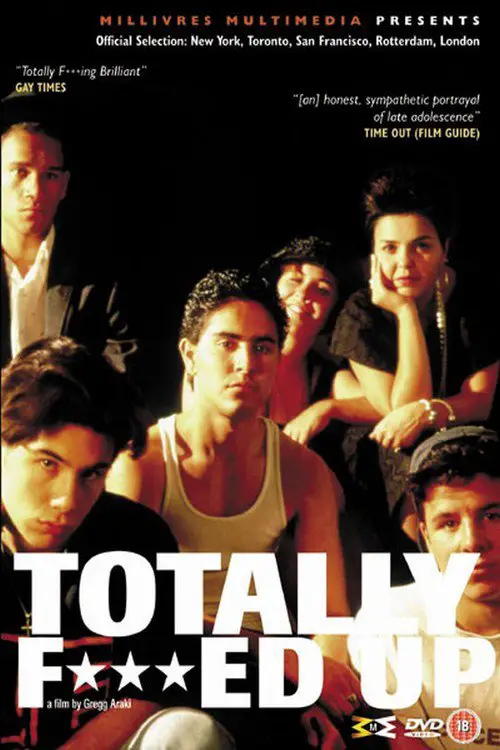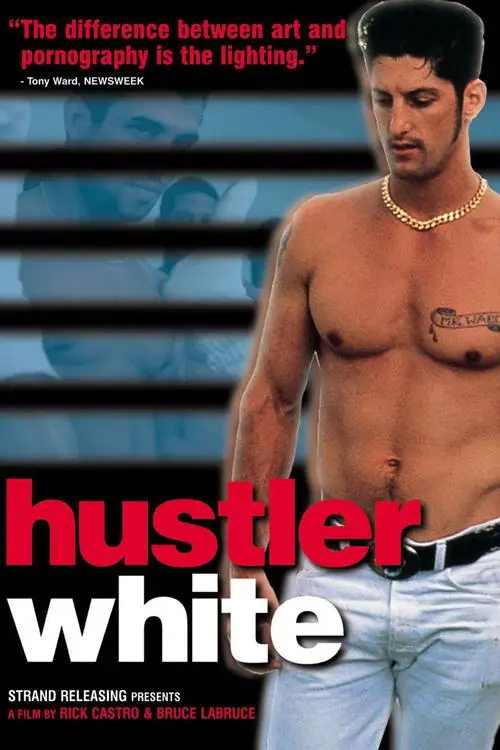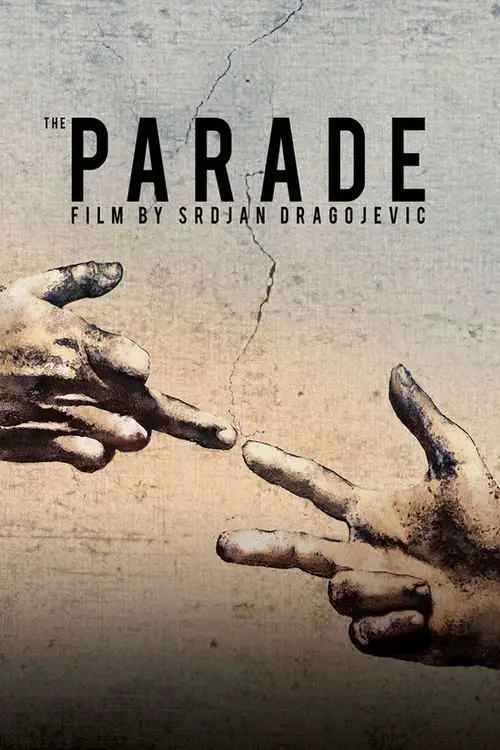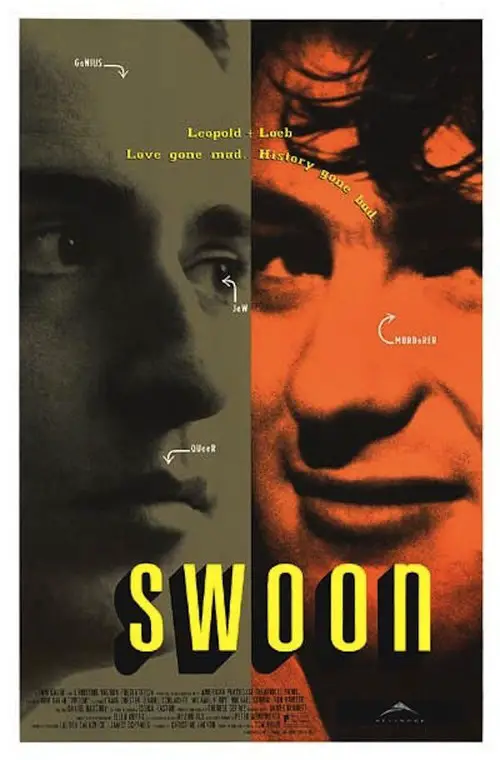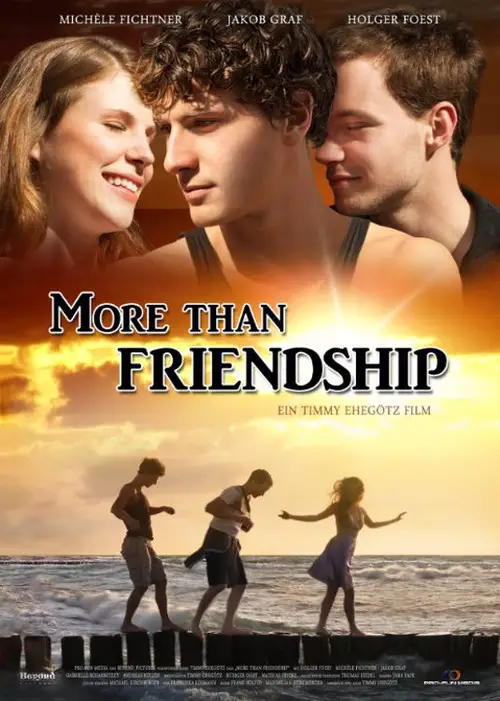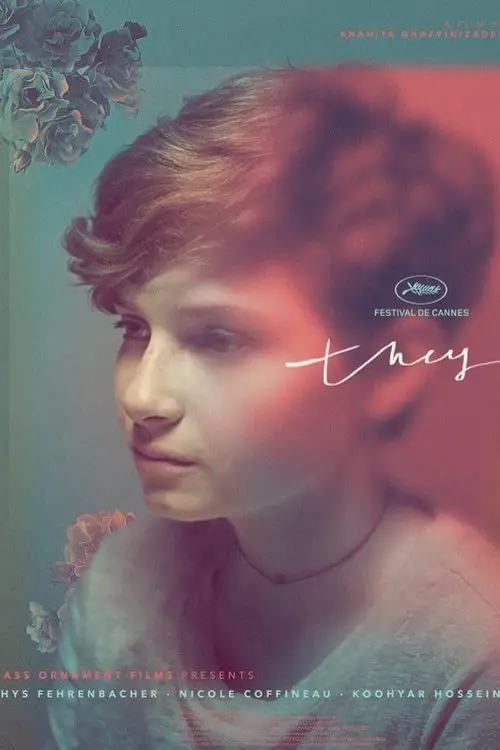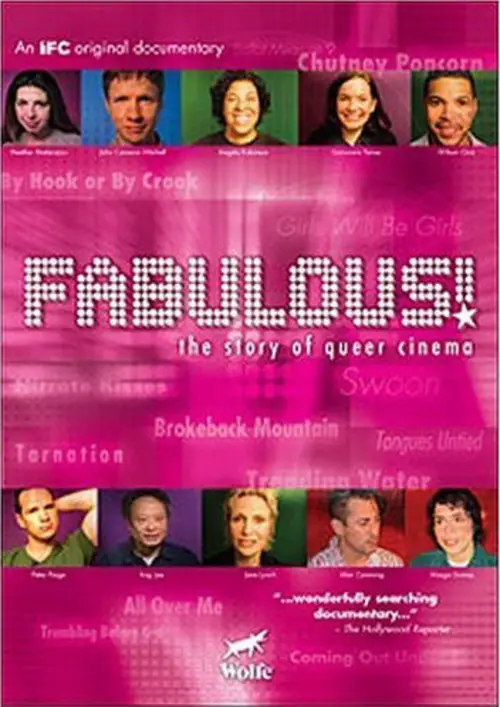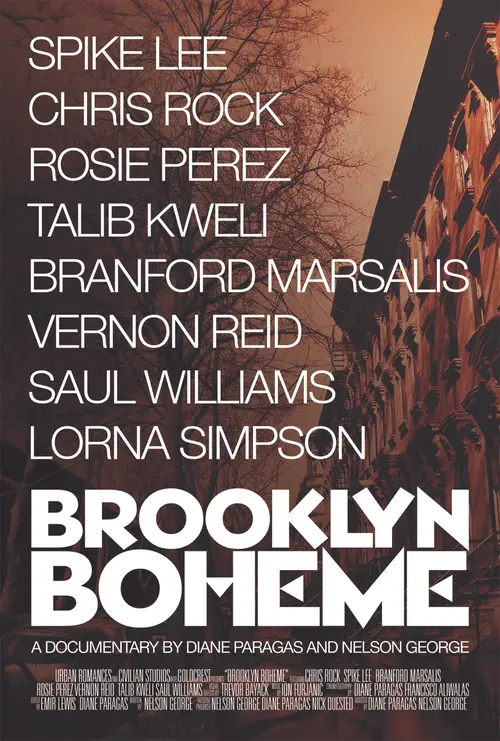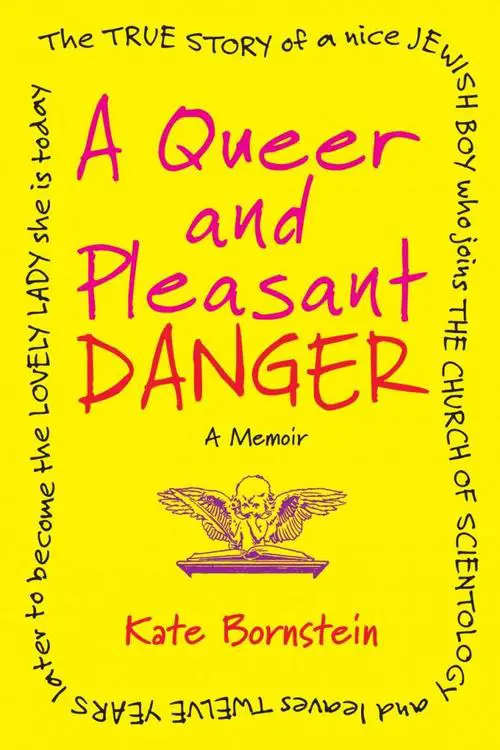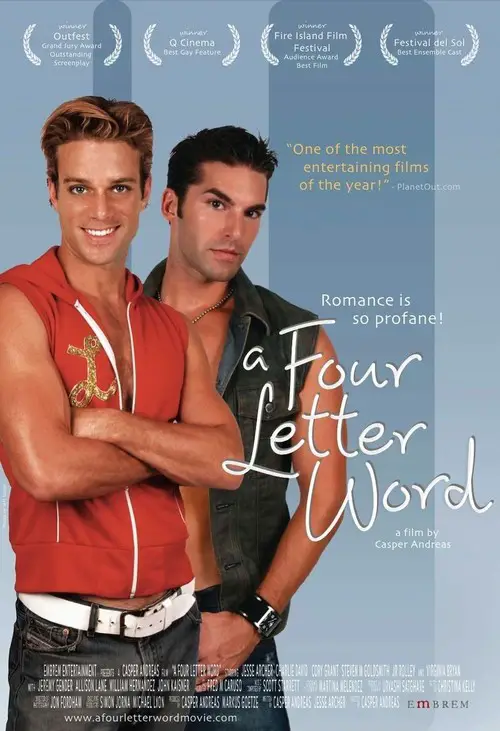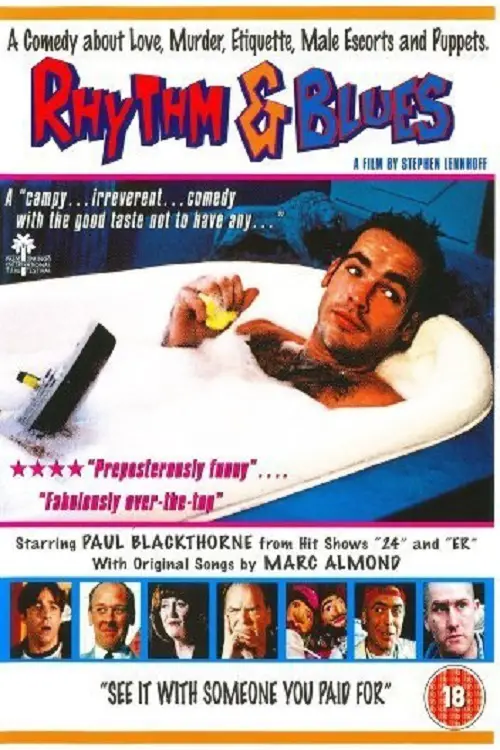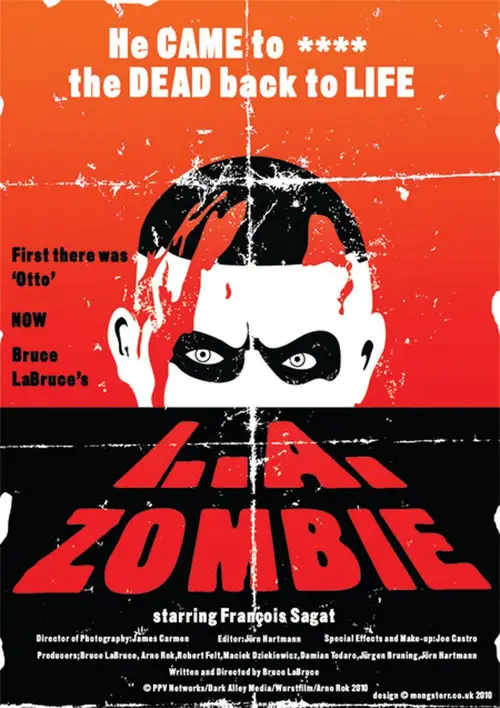Looking for Langston (1989)
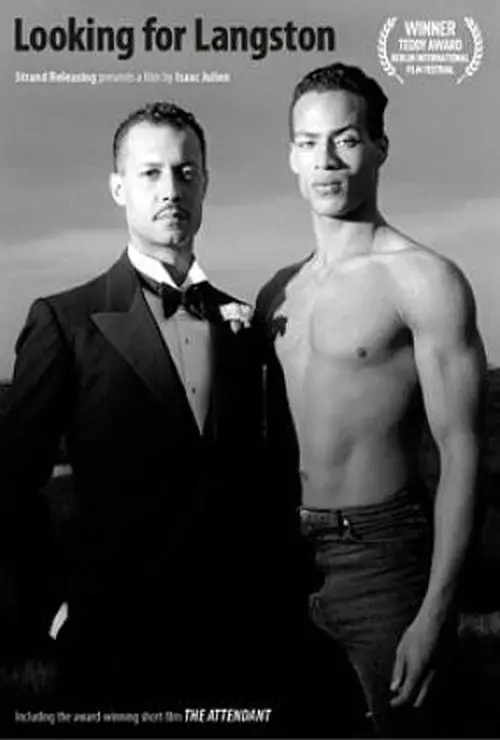
Similar movies
Surrealist poet and artist Charles Henri Fords 1971 film, Johnny Minotaur is a lyrical explosion of taboos: incest, intergenerational desire, pansexuality and autoeroticism are a few of the issues he grapples with through mythopoeic, sensual imagery, recitations of his diaries and a philosophical debate featuring an impressive narration by such artists as Salvador Dali, Allen Ginsberg, Warren Sonbert and Lynne Tillman. Unseen for over two decades, this classic of forgotten, queer cinema belongs alongside the films of Kenneth Anger, Derek Jarman and Jean Genet. Read more about the restoration process at http://blogs.westword.com/showandtell/2014/02/a_queer_classic_restored_poetr.php
Life really sucks for a group of gay and lesbian teenagers living in Los Angeles. Their parents kicked them out, they're broke and bored, their lovers cheat on them, and they're harassed by fag-bashers. If things are going to be this way, maybe suicide isn't a bad idea; at least not in the mind of Andy, our major protagonist, who gives the film its title by describing himself as "totally fucked up".
The Parade, in a tragicomic way, tells the story about ongoing battle between two worlds in contemporary post-war Serbian society - the traditional, oppressive, homophobic majority and a liberal, modern and open-minded minority... The film, which deals with gay rights issues in Serbia, features footage of the 2010 Belgrade gay pride parade. The film introduces a group of gay activists, trying to organize a pride parade in Belgrade
Teenage gang member Cal, hides his sexuality from the his fellow happy slapping gang members despite their often violent dislike of anyone that isn't the same as them, be they unsuspecting shoppers, foreign students, gays etc. When his world collides with Olivier, a student he rescues from a pointless beating, he encounters a lifestyle that presents as many new experiences as it does obstacles.
In a film based on actual events, teenagers Nathan Leopold Jr. (Craig Chester) and Richard Loeb (Daniel Schlachet) share a dangerous sexual bond and an amoral outlook on life. They spend afternoons breaking into storefronts and engaging in petty crimes, until the calculating Nathan ups the ante by kidnapping, and murdering, a young boy. When the body is found, all evidence leads to Nathan and Richard, whose strange relationship makes the case one of the most talked-about trials of the 1920s.
A modern fable about loneliness, emptiness, alienation, and the demonization of minorities. A young zombie, Otto, crawls out of his grave and unlives on the Berlin streets. There he meets an avante-garde film-maker who gives him a part in her political-porno-zombie movie. Otto discovers information about his past life that allows him to move on. Is it the living or the dead who are the zombies?
Mia, Lukas and Jonas always where like one heart and soul since their earliest childhood. Until three years ago when everything changed. Friendship became love that is well beyond all conventions. A Part of the society feels provoked by such kind of companionship and meets them with some lack of understanding to say the least. Even their parents aren't really fond of the situation. Once a year, the trio makes a trip. During which they try to let emotion flow as they come, not having to fear the reactions of others. Now there is the time again for such a trip. And that is where the film starts. After renting a mobile home the journey starts as usual. Only one thing different this time, Jonas was diagnosed with cancer in terminal state a few months ago. The three of them know that this might very well be the last trip they will ever make. Regardless, Mia and Lukas try their best for Jonas not to think of the inevitable. Sadly the vow to spend the last trip only in joy, fails.
J is in their early teens and lives in the countryside. J has been diagnosed with Gender Identity Disorder, goes by the selected pronoun âtheyâ, and takes hormone blockers to suspend puberty. While Jâs parents are away, their older sister and her Iranian boyfriend are assigned the duties of house-sitting and looking after J. The three spend time in their parentsâ greenhouses, those artificial environments for sheltering organic growth, as well as in the clinic, that technologised institution that shapes their bodies. They recast the family and the medical-industrial complexes through role-play games and test the role of language by reading poetry, telling stories, and playing bilingual games. These adventures become an entry point into the open-ended questions of growth and becoming they are facing.
A chronological look at films by, for, or about (or "by, for, and about") gays and lesbians in the United States, from 1947 to 2005, Kenneth Anger's "Fireworks" to "Brokeback Mountain." Talking heads, anchored by critic and scholar B. Ruby Rich, are interspersed with an advancing timeline and with clips from two dozen films. The narrative groups the pictures around various firsts, movements, and triumphs: experimental films, indie films, sex on screen, outlaw culture and bad guys, lesbian lovers, films about AIDS and dying, emergence of romantic comedy, transgender films, films about diversity and various cultures, and then mainstream Hollywood drama. What might come next?
Brooklyn Boheme is a love letter to a vibrant African American artistic community who resided in Fort Greene and Clinton Hill Brooklyn during the 80's and 90's that included the great Spike Lee, Chris Rock, Branford Marsalis, Rosie Perez, Saul Williams, Lorna Simpson, Talib Kweli just to name a few. Narrated and written by Fort Greene resident Nelson George, this feature length documentary celebrates "Brooklyn's equivalent of the Harlem Renaissance" and follows the rise of a new kind of African American artist, the Brooklyn Boheme.
For decades, performance artist and writer Kate Bornstein has been exploding binaries and deconstructing gender. And, her own identity. Trans-dyke. Reluctant polyamorist. Sadomasochist. Recovering Scientologist. Pioneering Gender Outlaw. Kate Bornstein Is a Queer and Pleasant Danger, joins her on her latest tour capturing rollicking public performances and painful personal revelations as it bears witness to Kate as a trailblazing artist theorist activist who inhabits a space between male and female with wit, style, and astonishing candor. By turns meditative and playful, the film invites us on a thought provoking journey through Kate's world to seek answers to some of life's biggest questions.
Six people in New York are adrift. Zeke and Luke work in a sex shop: Zeke takes gay liberation seriously, Luke likes to sparkle and takes nothing seriously. He's offended when Stephen calls him a gay cliché, then, surprisingly, they find each other attractive and interesting. Stephen, it turns out, has a great apartment, trust fund, and artwork he's painted on his walls. Meanwhile, Peter, a neat-freak, and Derek, nice to everyone, move in together. Peter's compulsiveness threatens the relationship. Last, newly-engaged Marilyn, a recovering alcoholic stuck at step 2, can't stop obsessing about wedding details. Can these folks sort out civilization and its discontents?
John (Paul Blackthorne), lonely and living in London, unexpectedly meets outlandish druggie skinhead Byron (Ian Henderson), and suddenly, John's life turns to wacky. When Byron takes him to Boys Galore, a gay escort agency, John is introduced to wealthy American Bad Daddy (Angus MacInnes), who hires John on the spot. But the hovering presence of a strange and sinister Ripper, another rent boy, threatens derail the evening of fun in this gay thriller comedy.
the film follows an alien zombie creature as he emerges from the sea and attempts to make sense of his new home, Los Angeles. After getting picked up by a surfer in a truck, a severe accident occurs that results in the surfer lying dead in the middle of the road. The alien zombie has sex with the dead man and brings him back to life. Wandering away from the accident, he finds himself among LAâs homeless population where it becomes increasingly unclear whether he really is an alien zombie or a schizophrenic suffering from delusions. Like a kind of dark savior, the alien zombie proceeds to find various dead men in the Greater Los Angeles area and bring them back to life.
© Valossa 2015–2026
| Privacy Policy
